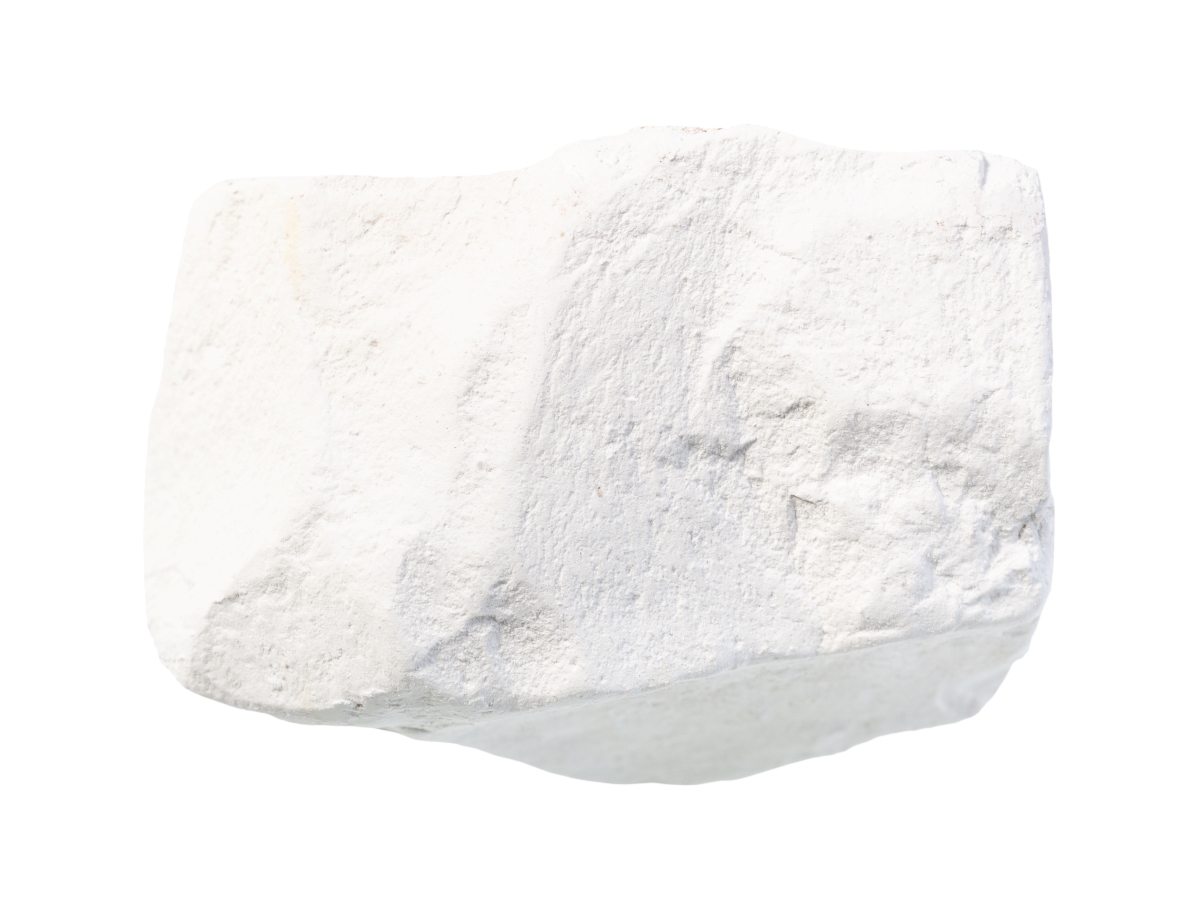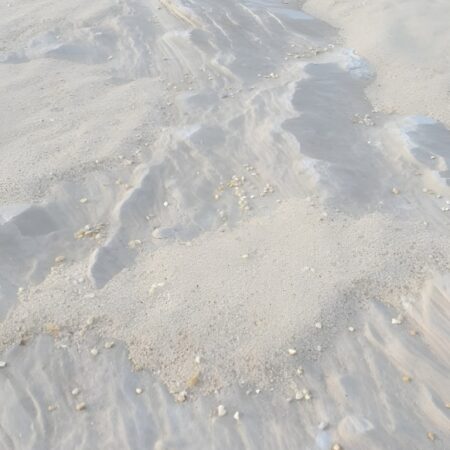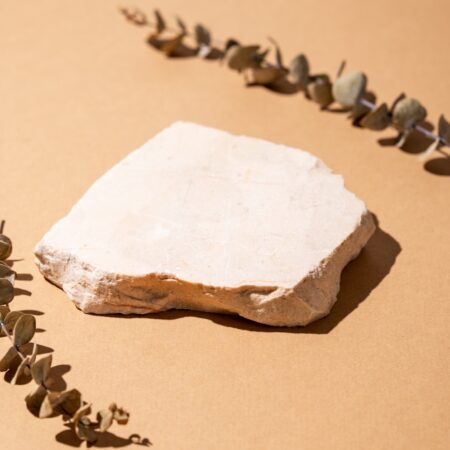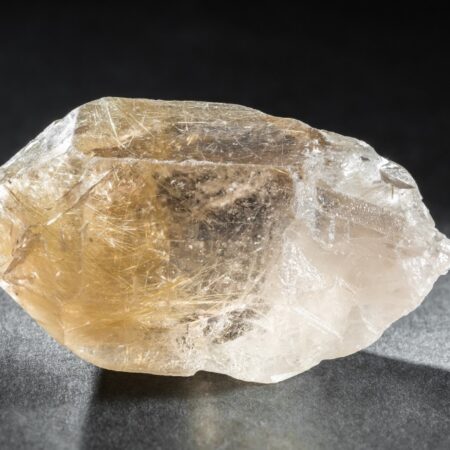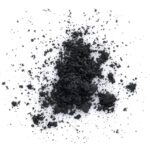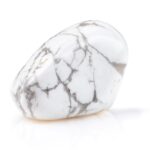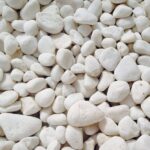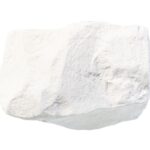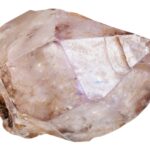Description
Calcium carbonate is a chemical compound with the formula CaCO3. It is a common substance found in rocks as the minerals calcite and aragonite, and it is the main component of pearls, marine shells, and the shells of snails and eggs. Calcium carbonate is white and odorless, with a chalky taste, and is slightly soluble in water.
Uses of calcium carbonate include:
- Construction Material: Calcium carbonate is a key ingredient in cement and is used in the construction industry as a building material and as an aggregate in concrete. It is also used in the production of lime (calcium oxide), which is an important material in construction.
- Agriculture: It is used to neutralize acidic soil in agriculture. Ground limestone (agricultural lime) is often applied to fields to improve soil quality and crop yields.
- Food and Pharmaceuticals: Calcium carbonate is used as a dietary supplement and antacid. It provides essential calcium for bone health and is used to relieve symptoms of acid indigestion and heartburn.
- Plastic and Rubber Industry: It acts as a filler material in the production of plastics and rubber products, improving their properties and reducing production costs.
- Paper Industry: Calcium carbonate is used as a filler and coating pigment in paper production, enhancing the brightness and opacity of the paper.
- Paints and Coatings: It is used as a white pigment and filler in paints, coatings, and sealants. It improves the properties of the finished products and reduces costs.
- Environmental Applications: Calcium carbonate is used in water and sewage treatment processes to neutralize acidic conditions and remove impurities.
- Glass Manufacturing: It is an important component in glass production, where it helps to control the viscosity and chemical stability of the glass.
Overall, calcium carbonate is a versatile and widely used material with applications in construction, agriculture, food and pharmaceuticals, plastics, paper, paints, and environmental management.


